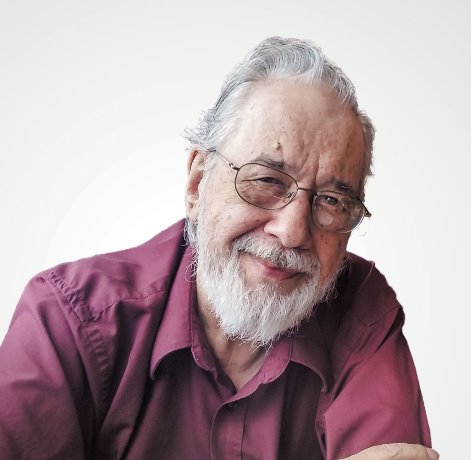Ferdinand von Roemer was a German geologist who travelled extensively in his work.
In the 1840s, he showed up in the young town of Houston, Texas.
To say that he was not favourably impressed would be an understatement.
He described the Brazos River prairie just outside of town as an "endless swamp" that mired the wheels of his wagons.
He reported that some of the people who accompanied him, and who had intended to settle in Texas, turned around and left after seeing what he called the "sad picture."
But the people of Houston take pride in calling their home the "can-do city."
Undaunted by the city’s hydrology, they spent billions over the years patching together dams and drainage projects as the city grew and grew.
Now it’s the fourth biggest city in the United States. It has one of the world’s largest medical centres, oil refineries, a remarkable livestock show and rodeo, speakers of 145 languages and seemingly unending economic growth.
What the city didn’t have, and still does not have, is resilience in the face of periodic flooding. The city has been wet from birth and has survived large and small floods, but always manages to clean up and rebuild.
But a warming world has meant there are more and worse floods.
When Hurricane Harvey descended upon the city in late August, the flooding was so bad that it was classified as a 500-year flood. That in itself is unusual but making things worse is the fact that it was the third 500-year flood in three years.
This one was so bad that when the rain finally stopped falling, Texas Gov. Greg Abbott said that the city’s recovery will be "a multi-year project."
That means a lot of work for the construction industry.
A week after the storm thousands of people were still without safe drinking water. Sewage treatment plants were still swamped. The count of homes severely damaged or destroyed had reached 94,000, and 32,000 people were still hunkered down in shelters across the state.
Through all of this, the word "resilience" was rarely heard. Making the city more resilient isn’t easy.
Lots of cities everywhere in the world were built in places that don’t make a whole lot of sense anymore.
In North America, Miami is one of the first that comes to mind, as does New Orleans. Much of Miami is barely above sea level and large chunks of New Orleans are below sea level, protected by a network of levees that is supposed to hold back the Gulf of Mexico.
When Hurricane Katrina reached those levees in 2005 the result was a human disaster.
Now there is an organization called 100 Resilient Cities, which was formed by the Rockefeller Foundation in 2013. The organization’s purpose is to help cities around the world build resilience to the economic, social and physical challenges that more and more are becoming part of the 21st century.
Among other things, the organization provides member cities with the funds needed to hire a chief resilience officer. That officer will then be supported with advice and tools to help make that particular city resilient, no matter what kinds of chronic stresses and acute shocks they experience.
The organization has member cities around the world, including four in Canada: Montreal, Toronto, Calgary and Vancouver.
I’ve looked over the membership list several times. Houston is not on it.
The very notion of climate change has become so politically charged that some folks — including those who acknowledge that it’s happening — are loath to discuss it.
And if they try to initiate a conversation it rapidly deteriorates into a slanging match.
Climate change did not cause Hurricane Harvey of course, but scientists agree that it was a contributing factor.
Perhaps now it might be possible to hold a civil, intelligent conversation about resilience.
Korky Koroluk is an Ottawa-based freelance writer. Send comments to editor@dailycommercialnews.com.











Recent Comments
comments for this post are closed